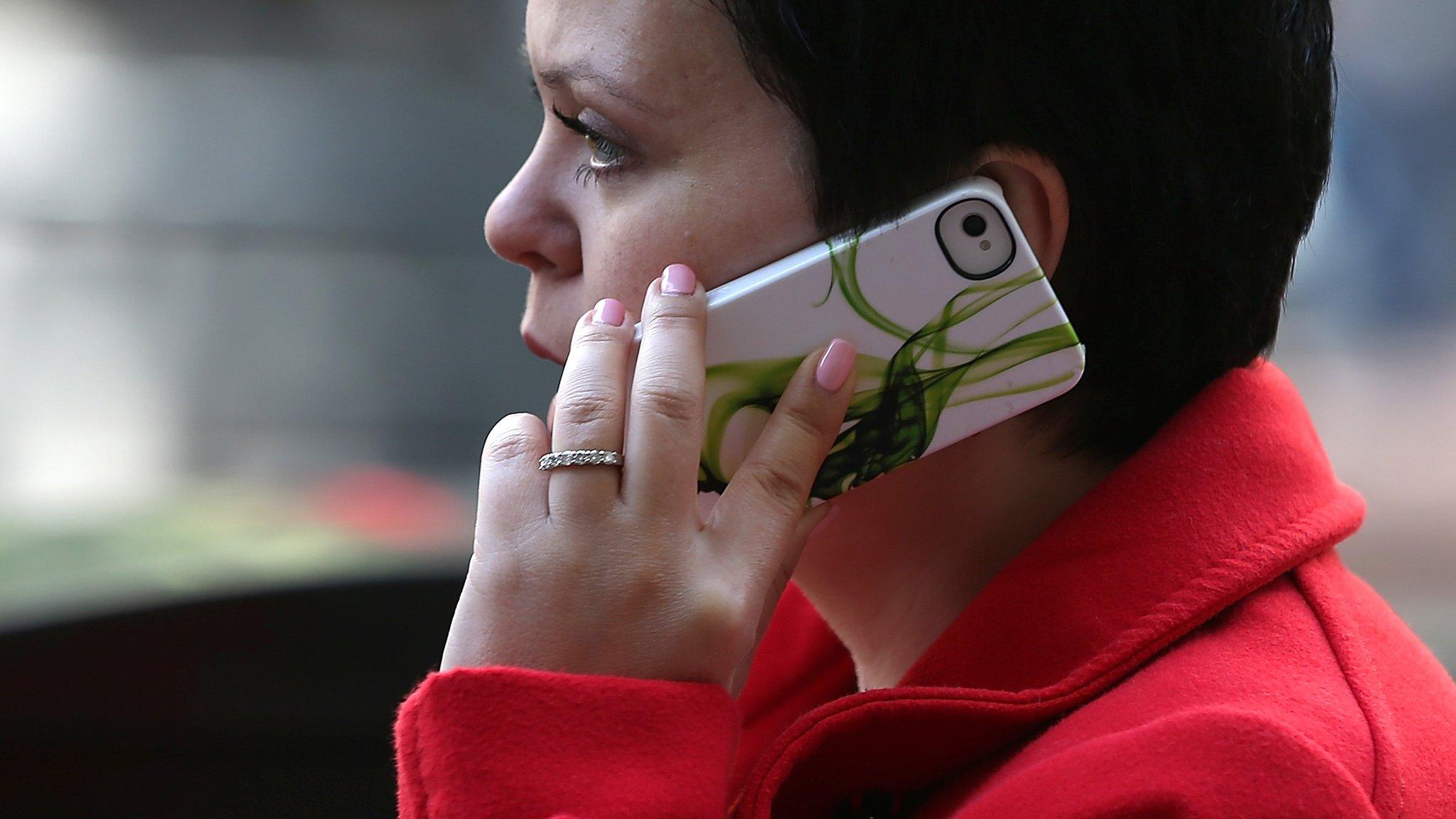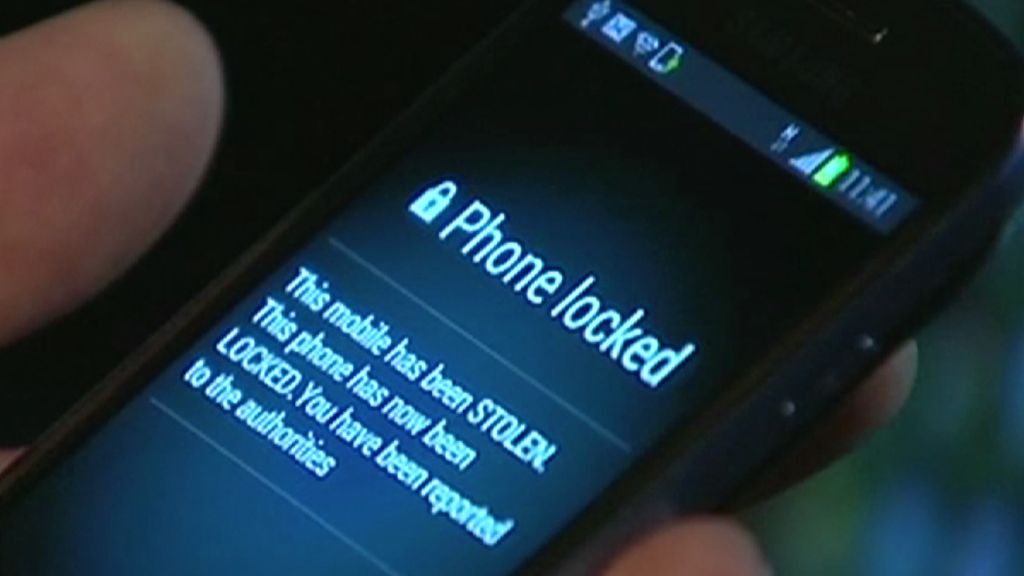Minnesota introduces kill switch bill for mobile theft
- Published
Minnesota has become the first US state to introduce so-called kill switch legislation.
It means that all smartphones sold in the state from July 2015 must be fitted with anti-theft software.
Such software allows owners to remotely disable and wipe their stolen handsets.
Police departments across the US have lobbied for such legislation. According to the US telecoms regulator, an estimated one in three robberies involve smartphones.
In the bill, external Minnesota legislators lay out the requirements: "Any new smart phone manufactured on or after July 1, 2015, sold or purchased in Minnesota must be equipped with preloaded antitheft functionality or be capable of downloading that functionality."
California is close to introducing a similar bill, while Congress is mulling national legislation.
Global initiative
London Mayor Boris Johnson has lent his backing for a push for international agreement on the need for a kill switch.
Along with New York state attorney general Eric Schneiderman and San Francisco district attorney George Gascon, he joined the Secure Our Smartphones initiative last summer.
The campaign is designed to put pressure on the phone industry to help solve the issue of smartphone and tablet theft.
Sensitive data
Many handset manufacturers already have kill switches installed on their phones. Samsung has such a function and Apple offers a facility to track its devices via a service called Find My iPhone.
As well as GPS tracking, it also allows users to remotely wipe their phones.
Microsoft and Google have similar functions for their handsets and there are a variety of apps to locate, lock and wipe stolen smartphones.
"A large majority of smartphone users already have these capabilities and don't know it," said mobile analyst Chris Green.
He thinks that such a feature is more important for the business world than the consumer market.
"Companies are keen to clamp down on data theft as more and more people are using their phones and tablets to store sensitive data," he said.
And while the mobile industry largely embraced the idea of making phones installed with kill switches, there needed to be a move to create "one single standard" for such software, he added.
In the US Apple, Samsung, Verizon, T-Mobile and others have agreed that from July 2015 all handsets in the US will be fitted with anti-theft software, although it will not be switched on by default.
Some have questioned how effective such technology is though.
"A kill switch signal could do more harm than good. It is open to abuse from hackers sending kill switch signals to phones," said Grant Roughley, a senior forensic analyst at Essential Forensics.
And thieves too might find ways to get around the problem.
"Some phones are worth more in parts, so a stripped-down phone could be sold on for the same value," he said.
- Published19 July 2013

- Published14 April 2014

- Published25 July 2013
